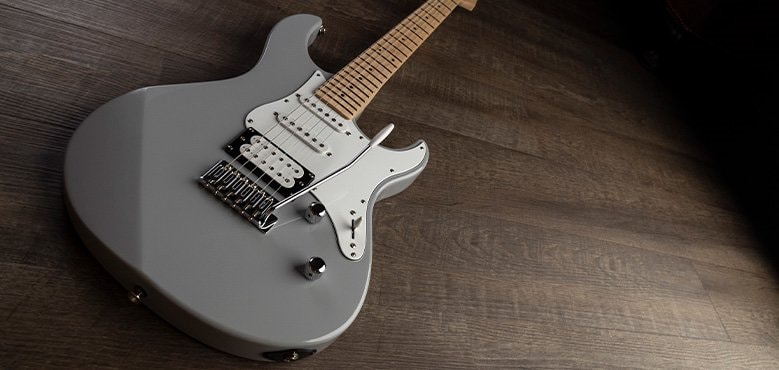Ultimate Lyric Writing Guide

Ultimate Lyric Writing Guide
You’ve got that melody – but where do you start with your lyrics? You want to make sure you do your tune justice when it comes to the words you choose. But how?
From finding inspiration to structuring your songs, there are many aspects of your lyric-writing to consider. For many budding songwriters, their aim is often to craft words that are as authentic as they are attention-grabbing.
Let’s delve into some top tips below…
Go with your initial creative urges
One way of getting lyrics out is to follow a stream of consciousness. So rather than toiling over perfecting each word, instead just follow the sounds. These words may not make any sense to begin with. But once you’ve got a feel for the melodies and what can fit, then you can start refining the wording to see if any of these lyrics work. Sometimes you can surprise yourself with new ideas that can appear from this approach.
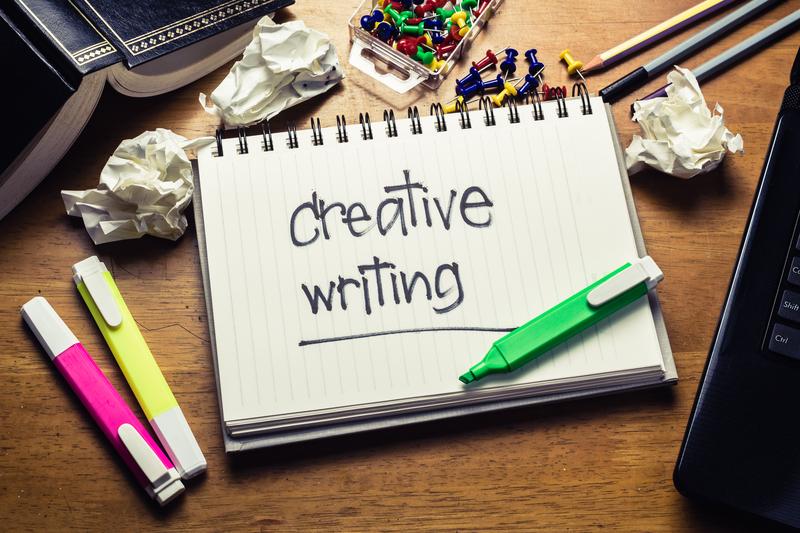
Record any moments of inspiration
These are the nuts and bolts of the songwriting world. You can perhaps get by without them in ceIt is always sensible to be ready to capture any moments of creativity when they land. It’s unlikely that an idea will appear when you’re sitting down with a guitar or at a piano. So always carry a notebook with you or be prepared to sing something into your phone and record it. You’ll be pleased to have some saved sources of inspiration when you do get to your creative space.
Draw on experiences – yours or other people’s
Authenticity is a key element of songwriting. So as a writer, you can draw on your own experiences to inform your songs. You’ll be able to use what you’ve been through and inject how you felt or thought into your music. Or if you’re stumbling with your own thoughts, then speak with your friends, find a good story and write from their perspective to come up with something unique.
Write about a strong aspect of your personality – and always make notes of interesting stories or experiences you hear or go through.

Write about an object
This can be a great exercise when it comes to sparking moments of creativity. You need to choose an object at random, then spend 10 minutes or so writing about any memories or feelings you connect to it. From this, you can go about drafting some lyrics. This isn’t about achieving perfection. Instead, it’s all about exploring any senses and emotions connected to something and how deep you can go.
Find a theme
Sourcing a theme can be a great way of shaping a piece of music. This might not happen straight away but could appear as you work on it. Consider the story of a song, build a theme from that and explore different creative avenues that run off from this central idea.
Give yourself a time limit
Putting limitations around your songwriting can be an effective way of making you commit pen to paper. You can give yourself an afternoon to come up with a fully formed piece of music. This way, rather than agonising over different points of the composition, you force yourself into making decisions quickly. The end result may not be perfect. But you will have yourselves a song if you stick to this – and a renewed sense of musical discipline that you can use.

Consider the structure of a song
Many songs are based around a structure that often consists of an introduction, verse, pre-chorus, chorus and bridge. So consider which parts of the song actually require lyrics and the usual length of these sections. Many songs are only three to four minutes long so you don’t have much time to say what you want to say. Brevity is part of the art form in this case as well as striving for attention. The first line of any song is an important one alongside the chorus and hook.
Of course, songs work differently between genres – so consider what kind of musical style you’re exploring too. Writing lyrics for a country song and a dance music track can require different approaches.
Always revisit and edit your lyrics
If you’ve found your theme and got some ideas down, then it’s all about revisiting them and editing. This can help you polish a piece of music to turn these initial drafts into workable songs. When you return to edit, don’t be too precious and fear cutting out words. If you’ve an effective turn of phrase that doesn’t quite work in this piece of music, then you can always remove it, keep it safe and use it elsewhere.
Part of the process of finding a great lyric is returning to a particular line and challenging yourself to come up with something even better. If you can’t beat it, then this can stay. If you can, then go with your new lyric.
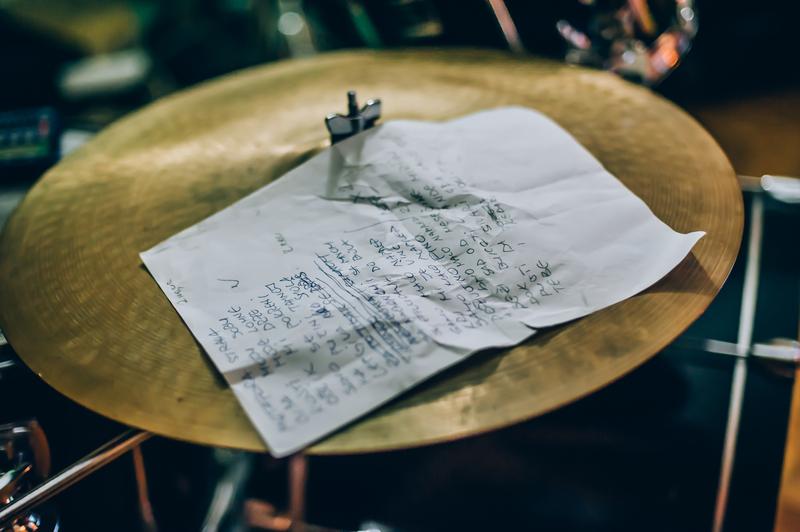
Collaborate with other writers
Many of our favourite songs are often written by more than one songwriter – and it shows how two brains are sometimes better than one. Whether it be exploring new genres, advice or just having someone else’s creativity to bounce off, collaborating can be an effective way of unlocking new ideas. If you’re going through a block, then it can be as simple as meeting up with someone to talk about music or any issues you’re facing that can help get the ideas flowing.

Enjoy and relish the process
Remember that not everything you write will be life-affirming. Think of your songwriting brain as a muscle you need to work on and develop until it reaches full strength. Chalk up every lyric that doesn’t work to experience and look to learn from it.
Our Ultimate Lyric Writing Course!
Want to take your lyric writing further? We have a great course here on Elevate just for that!
From the blog
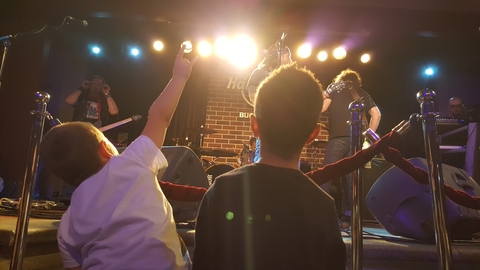
Rockstars in Training: The Best Kids’ Electric Guitars for 2024
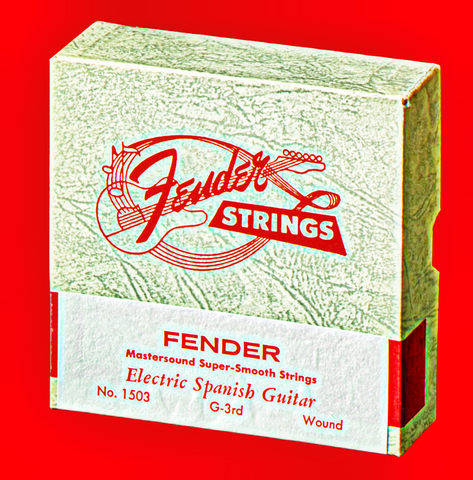
Redefining Your Riffs: How Electric Guitar Strings Shape Your Sound
